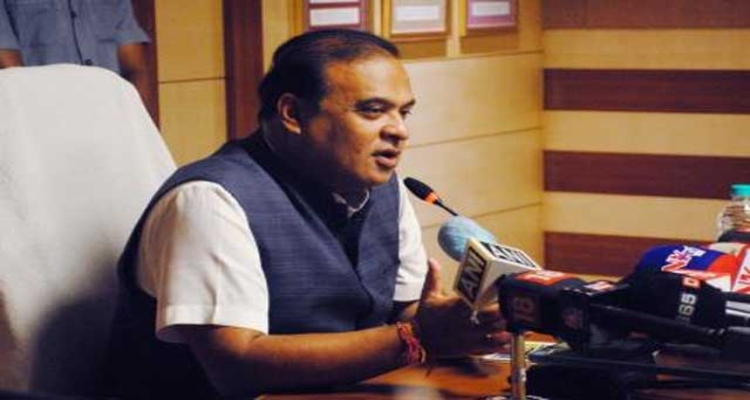
Kushwaha Shivpujan Mehta, the Bahujan Samaj Party candidate for the Hussainabad assembly seat, has filed a complaint against Assam Chief Minister Himanta Biswa Sarma in a court in Jharkhand’s Palamu district.
The complaint alleges that Sarma’s statements have disturbed communal harmony in the region, according to Mehta’s advocate, Sanjay Kumar Akela.
The complaint was submitted to the chief judicial magistrate’s court and is scheduled for a hearing on November 16. Mehta is contesting in the Hussainabad assembly elections, which are set to take place on November 13.
The controversy stems from remarks made by Sarma during an election rally in Hussainabad on October 23. At the rally, he announced that if the BJP secures victory in the upcoming elections, Hussainabad would be upgraded to district status, and the new district would be named after either Lord Ram or Lord Krishna.
Sarma was campaigning in support of BJP candidate Kamlesh Kumar Singh during this event.
In his complaint, Mehta has accused Sarma, who serves as the BJP’s Jharkhand election co-incharge, of attempting to incite tensions in the predominantly communal landscape of Hussainabad. He contends that such statements have the potential to disrupt the existing peace among the community members.
The political atmosphere in the region is charged as candidates prepare for the imminent elections, with communal harmony often becoming a sensitive topic. Mehta’s complaint reflects the heightened tensions and the importance of maintaining peace during this electoral period.
As the November 13 election date approaches, all eyes will be on the Hussainabad constituency. The incident underscores the impact of political rhetoric on community relations and the role of judicial intervention in addressing concerns related to communal harmony.
The case highlights the delicate balance that political leaders must maintain in their public statements, particularly in areas where communal sentiments can be easily inflamed.
The outcome of the complaint and the forthcoming elections will likely influence the political landscape in Jharkhand and set the stage for future discourse surrounding communal issues in the region.




